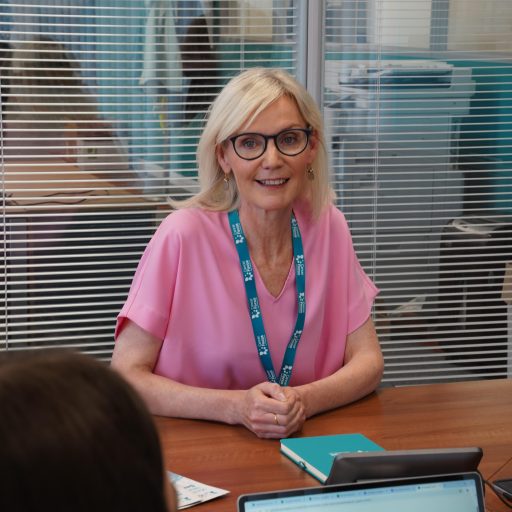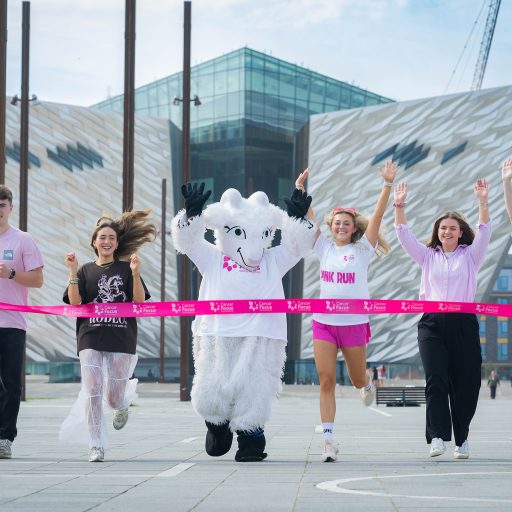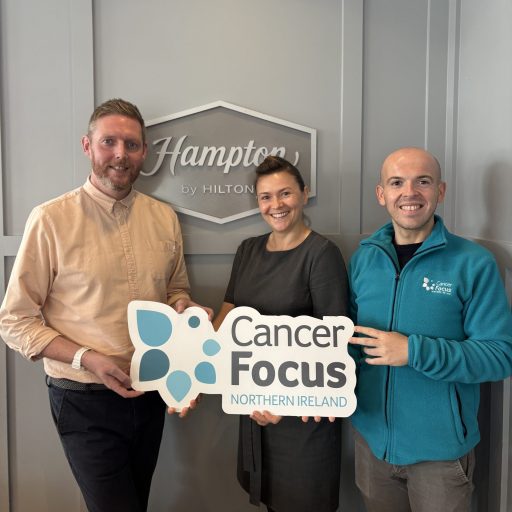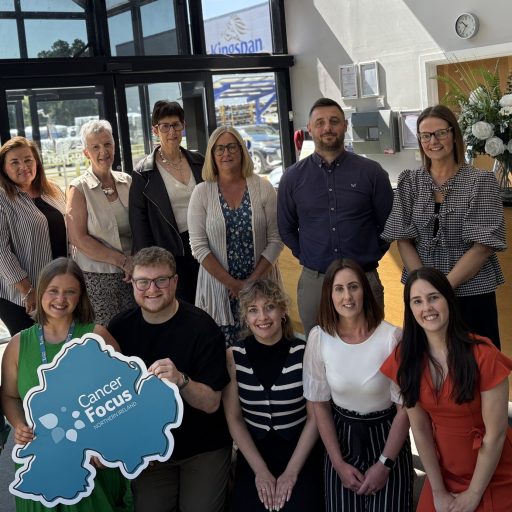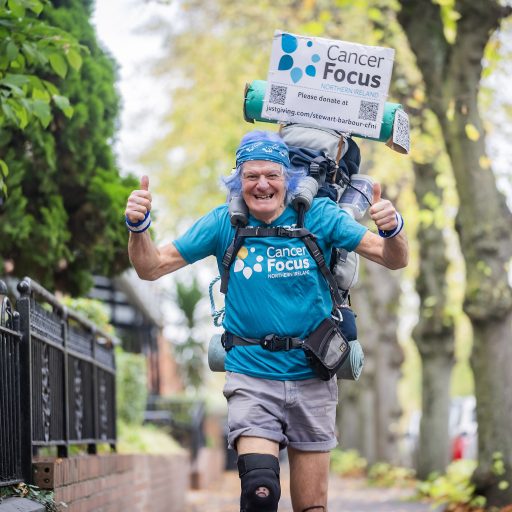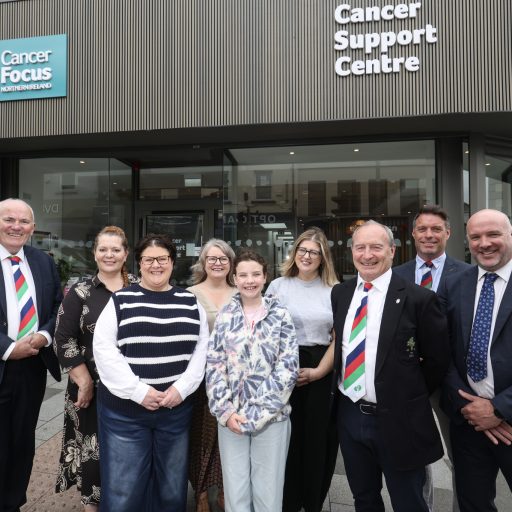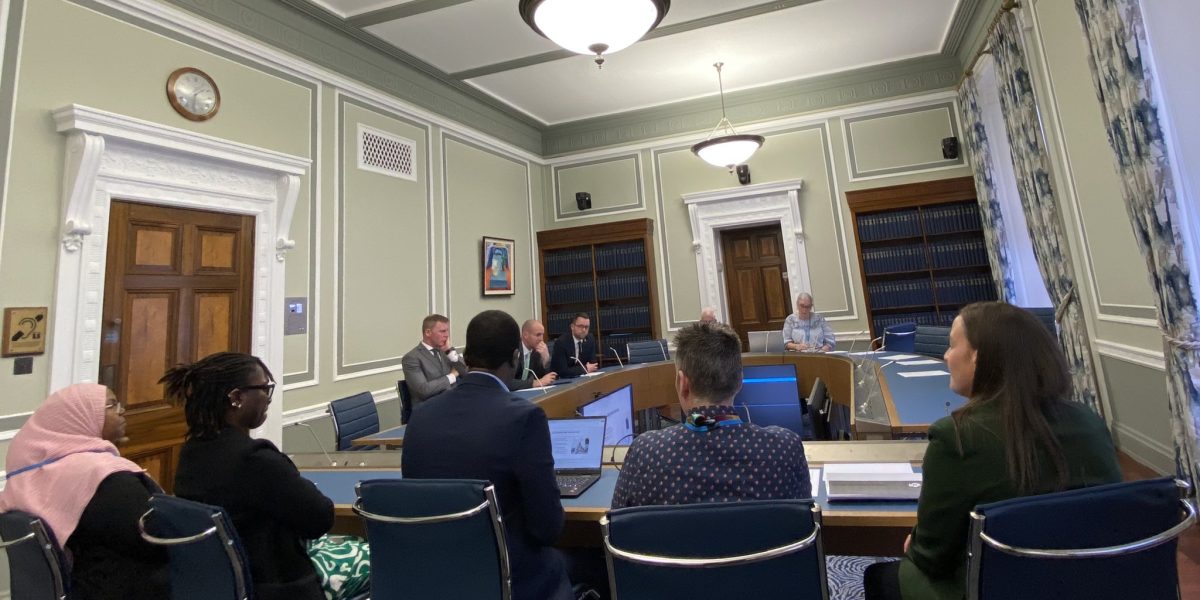
All-Party Group on Cancer Discusses Health Inequalities in NI
The All-Party Group on Cancer met earlier this month to discuss health inequalities in Northern Ireland. Israel Eguaogie (Founder and Project Services Coordinator of iAssist-NI) spoke about the challenges Black, Asian, and Minority Ethnic (BAME) communities face when trying to access cancer care. Then, Nuala Devenny (Deputy Director of The Rainbow Project) and Eimear Hagan (Macmillan Engagement Lead for NI) spoke about cancer misperceptions and barriers in the LQBTQIA+ community.
Both presentations shared stories of when cancer care had been denied or improperly delivered. Some examples included:
- A woman who was prematurely discharged from cancer care because the nurse had understood she did not want to proceed with treatment, when the woman had actually said she did not want to be treated at home by a man; there was a language barrier, and inadequate interpretation was provided before a life-changing decision.
- An international student was denied chemo because his visa specified “no public funds”: “I do not know when chemo has magically become public funds,” Israel lamented, explaining that chemo is not public funds but healthcare, and that immigrants to NI (including the student) are in most cases required to pay a healthcare surcharge with their visa, in addition to their normal National Insurance and taxes from work. Resultingly, the student was being denied something he not only was entitled to, but also had paid for.
- Misinformation, impacting both patients and practitioners, on the screening needs and cancer risks of the LGBTQIA+ community. One telling example related to a trans man who was denied a cervical screening; the medical record accessed by scheduling staff was unable to display why he might need one.
- Patients whose symptoms were repeatedly dismissed by their GPs over months, meaning cancer concerns were not escalated and instead caught too late.
- Patients who were discharged to improper settings without the proper domiciliary care package.
- Asylum seekers who refuse to go to the GP out of fear it will mess up their asylum applications.
- A lack of understanding of individualized cancer risks by practitioners and patients, for example, knowing that prostate cancer is twice as likely in Black men.
Such barriers to care increase risks of later diagnoses, poor outcomes, and greater impact to patient quality of life. Moreover, one bad experience with the health system – be that difficulty getting an appointment or diagnosis, misgendering, or an encounter with implicit biases – is likely to deter someone from subsequent health visits, again increasing patient risks. As MLA Mark H Durkan summarised after the talks, “everyone [in NI] is being failed by the health system, and some people are being failed even more.”
Fortunately, the speakers also highlighted some solutions that could help reduce these inequalities:
- Culturally tailored outreach programs and community partnerships, to increase understandings of cancer, symptoms, screenings, and care pathways in vulnerable communities.
- Cultural competency trainings for healthcare professionals, to help professionals – from receptionists to consultant surgeons – understand the needs of vulnerable communities and implement inclusivity.
- Language interpretation services, to ensure effective communication between patients and healthcare providers.
Speaking about the APG, Emily Bishko, Policy & Public Affairs Officer at Cancer Focus Northern Ireland, said: “We are proud to serve as the Secretariat of the All-Party Group on Cancer and to be able to bring important issues such as these health disparities to the NI Assembly. It was harrowing to hear the stories of when care had been denied to members of the BAME and LGBTQIA+ communities. These are not the only health inequalities present in NI – we know level of deprivation, for example, is also tied with health outcomes – and we need to do more across the board to create equitable access to cancer care. This is especially true when there are ‘quicker fixes’ that can go a long way: as the APG speakers attested to, even information sharing and trainings could start to reduce these inequalities.”
iAssist-NI is a local organisation that supports and advocates for members of the BAME community in Northern Ireland. The Rainbow Project is Northern Ireland’s leading support organisation for members of the LGBTQIA+ community. They are working with Macmillan Cancer Support on a project to increase cancer awareness among LGBTQIA+ individuals.
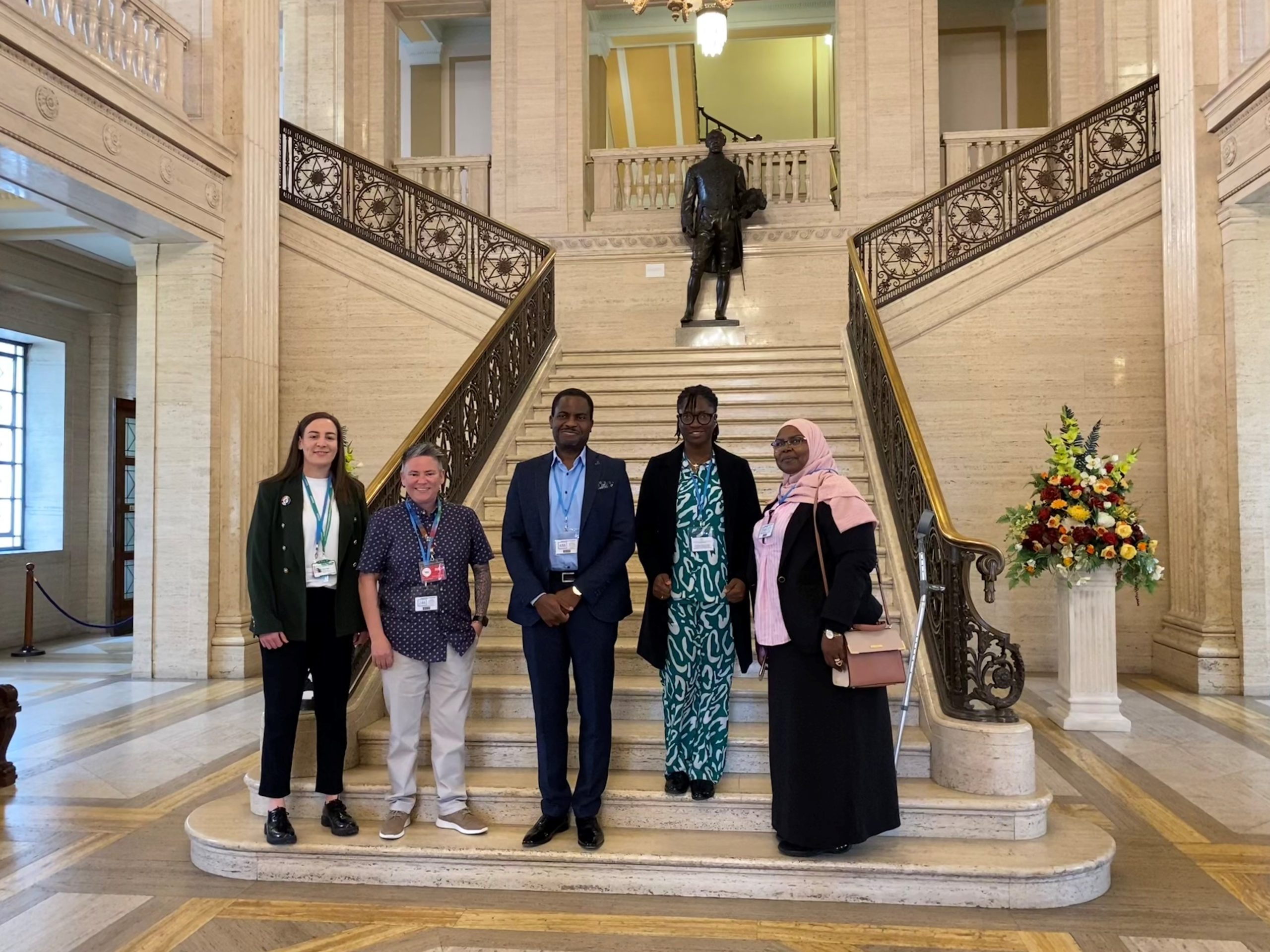
The speakers at the May 2024 All-Party Group on Cancer meeting, from left to right: Eimear Hagan from Macmillan Cancer Support, Nuala Devenny from The Rainbow Project, and Israel Eguaogie, Tiwalade Olatunbosun, and Hasna Elsiyofi from iAssist-NI.
Cancer Focus Northern Ireland serves as the Secretariat of the All-Party Group on Cancer. Learn more about the APG here.

